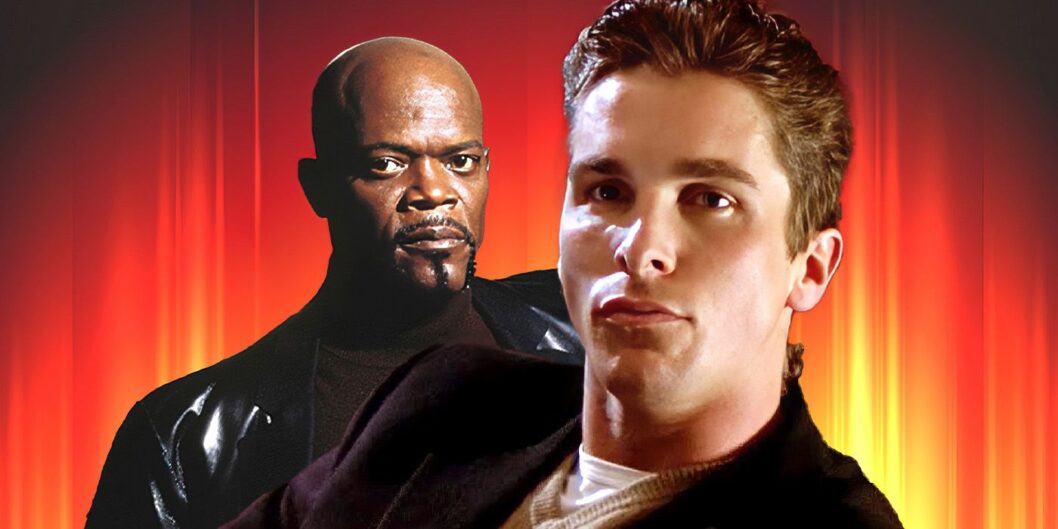Exploring the Legacy and Impact of "Shaft" (2000)
The movie "Shaft," directed by John Singleton and released on June 16, 2000, revitalized a classic character introduced in the early ’70s. The original "Shaft" film was significant for presenting a black leading man—portrayed by Richard Roundtree—as a confident, charismatic figure willing to confront authority. However, the 2000 version featuring Samuel L. Jackson struggled to encapsulate the same cultural moment and often fell short of expectations, leading to mixed reviews and a complicated legacy.
A New Take on a Classic Character
Samuel L. Jackson’s portrayal of John Shaft aimed to infuse the character with contemporary sensibilities while maintaining his edgy roots. However, critiques suggest that the film did not fully capitalize on Shaft’s iconic qualities. The screenplay, which was developed by Shane Salerno, Richard Price, and Singleton himself, presented Shaft as more of a generic hero in a standard crime procedural rather than the fierce independent figure he was originally conceived to be. Film critics have highlighted that while Jackson’s performance brought a strong screen presence, the narrative reduced him to an average street avenger, distancing him from the character’s rich legacy.
One of the film’s primary plotlines involved Shaft’s relentless search for Walter Wade Jr., played by Christian Bale, who evaded justice after committing a brutal crime. Although the stakes are high, the film’s execution was perceived as lacking, failing to adequately explore the complexities of Shaft’s character or his interactions with a corrupt justice system. As described in reviews, Shaft’s character in this iteration appeared more empathetic and dependent on police colleagues, particularly Carmen Vasquez, portrayed by Vanessa Williams, rather than taking a solitary approach. Critics argue this softening of Shaft’s character detracted from the film’s overall impact.
The Supporting Cast and Their Influence
The film’s narrative was significantly bolstered by its supporting cast, particularly Jeffrey Wright, who delivered a memorable performance as flamboyant drug lord Peoples Hernandez. Wright’s charisma and compelling dialogue brought a unique energy to the film that overshadowed Bale’s portrayal of Wade. This shift in dynamic prompted insights from Singleton about how Wright’s role was expanded during post-production, eventually contributing to the film’s overall perception and reception.
The character of Peoples Hernandez is noted for embodying a street-level version of the classic gangster trope, reminiscent of Al Pacino’s iconic role in "Scarface." Wright’s performance is often highlighted as one of the standout aspects of "Shaft," illustrating the film’s struggle to maintain a cohesive narrative focus between its protagonists and antagonists.
Mixed Reception and Current Availability
Upon release, "Shaft" achieved a mixed critical reception, with a 67% rating on Rotten Tomatoes, highlighting a disconnect between audience anticipation and the final product. Critics pointed out that while the film attempted to address contemporary social issues, particularly racial inequality within the justice system, it ultimately failed to resonate in the same way as its predecessor.
The film’s legacy continues to prompt reflection on how classic characters can be reinterpreted for modern audiences without losing the essence of what originally made them significant. For those interested in revisiting or engaging with this film, "Shaft" (2000) is currently available to stream for free on Tubi.
Conclusion
The 2000 version of "Shaft" stands as a complex piece in the broader narrative of representation in film. While it successfully introduces a new generation to an iconic character, it simultaneously illuminates the challenges of adapting and modernizing such figures. The interplay between Jackson, Bale, and Wright offers valuable insights into the evolving portrayal of race and authority in cinema, making "Shaft" an important film for both its entertainment value and its cultural commentary.









